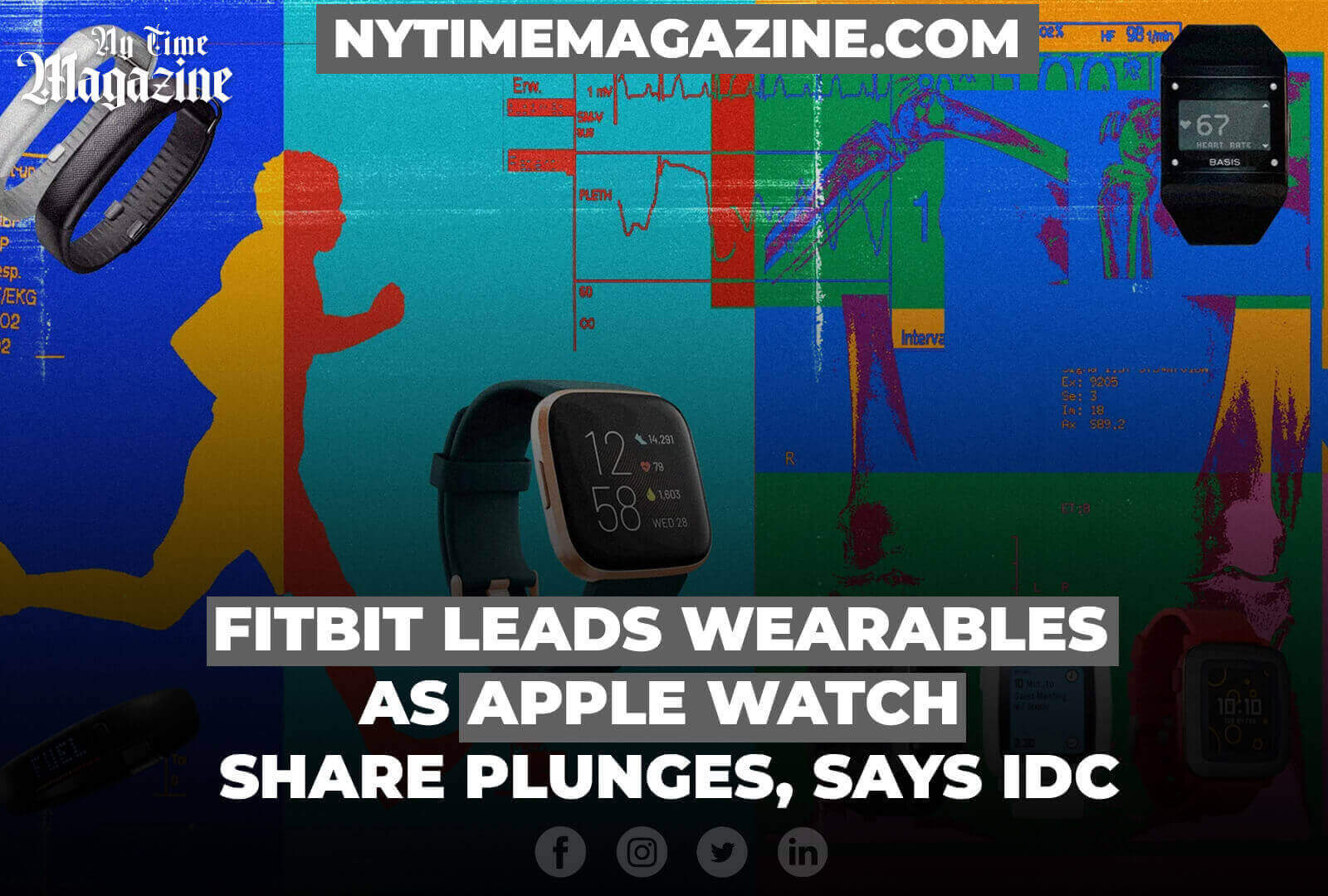Fitbit (FIT) has established itself as a leader in the realm of wearable technology, as affirmed in a recent report by research firm IDC. In contrast, Apple’s (AAPL) Apple Watch has experienced a decline in market share due to a slowdown in sales for the device.
This revelation arrives on the eve of an anticipated media event hosted by Apple in San Francisco. Speculation abounds regarding this event and the likelihood of an update to the Apple Watch, marking the first instance of new hardware being introduced since the device’s initial launch in the spring of 2015.
For the second quarter of this year, global sales of wearables reached a total of 22.5 million units, reflecting a 26% increase compared to the previous year, according to IDC’s projections. Fitbit led the pack with 5.7 million units, securing just over a 25% market share. Meanwhile, Apple’s Apple Watch secured the third position, accounting for 1.6 million units or 7% of the market, a notable decline from the previous year’s figures of 3.6 million units and a 20% market share.
Taking the runner-up spot behind Fitbit was Xiaomi, a Chinese mobile company, with an estimated 3.1 million units sold.
Analyst Ramon Llamas characterizes the landscape as predominantly dominated by “basic wearables,” such as Fitbit’s array of fitness trackers. These devices have enjoyed substantial popularity due to a combination of factors: an appealing value proposition for consumers, a diverse selection of products from multiple manufacturers, and competitive pricing. In fact, basic wearables accounted for an impressive 82.8% of the entire wearable devices market in the second quarter, as projected by IDC.
Further down the rankings, Garmin (GRMN) occupied the fourth spot, while China’s Lifesense made a noteworthy entry, boasting 1 million units sold. This marks the first occasion that Lifesense has broken into the top five, driven by the success of its budget-friendly Mambo fitness trackers in the Chinese market. Notably, these trackers seamlessly integrate with WeChat, an immensely popular messaging service in China, allowing users to share data with others without the need for a separate application login.



